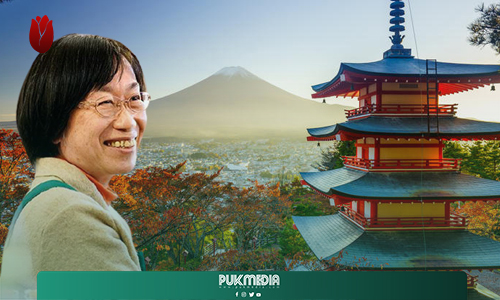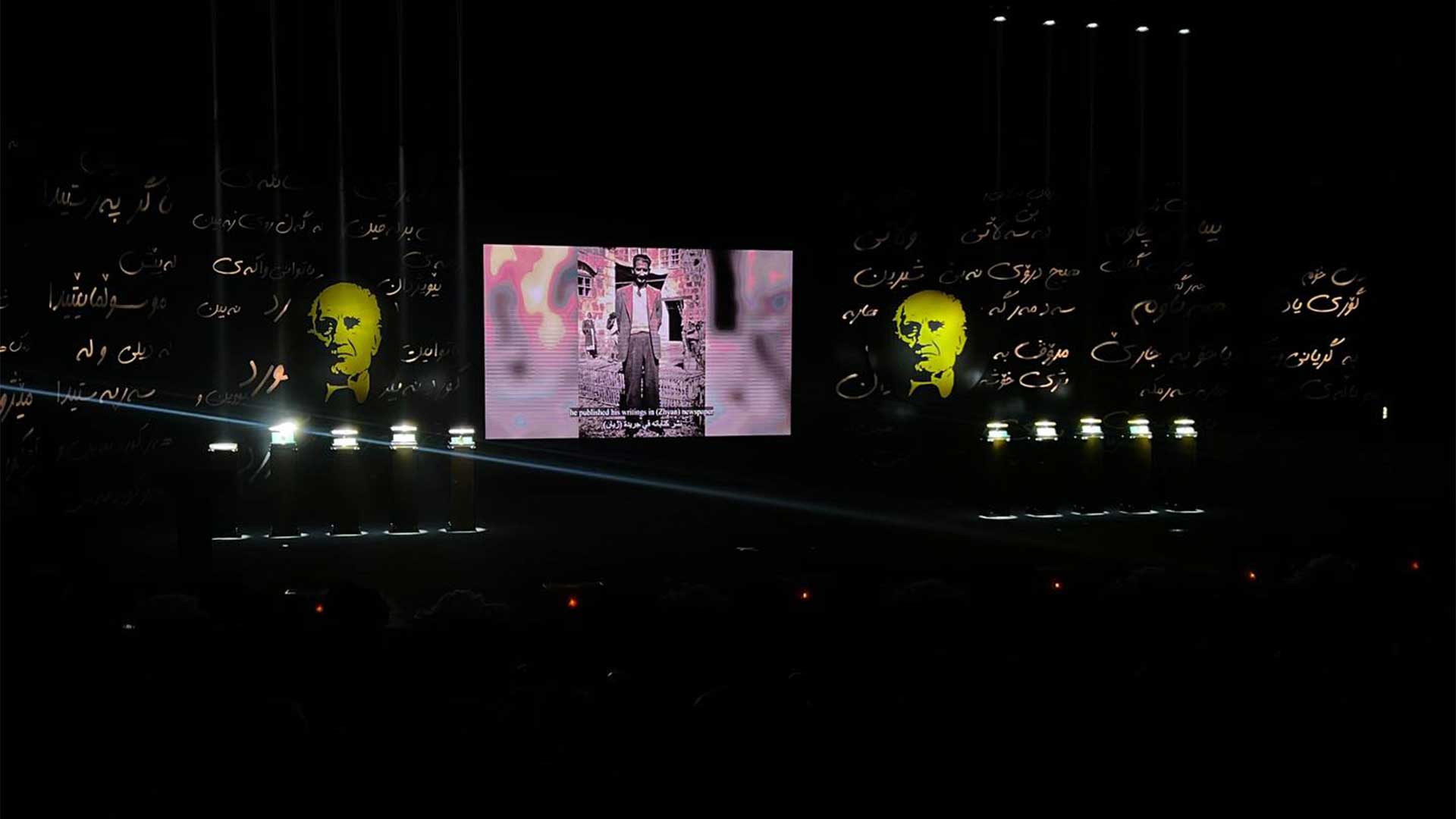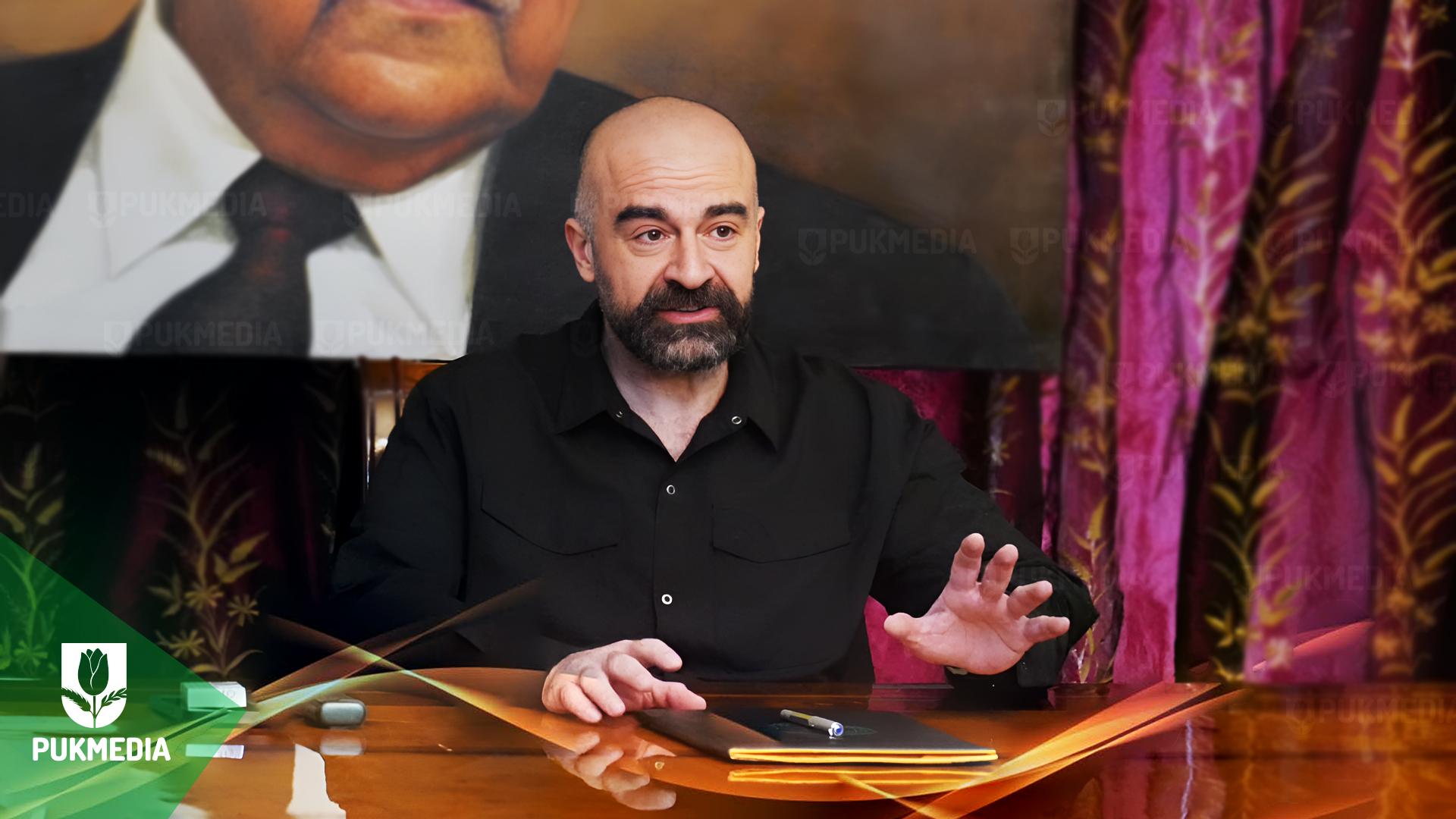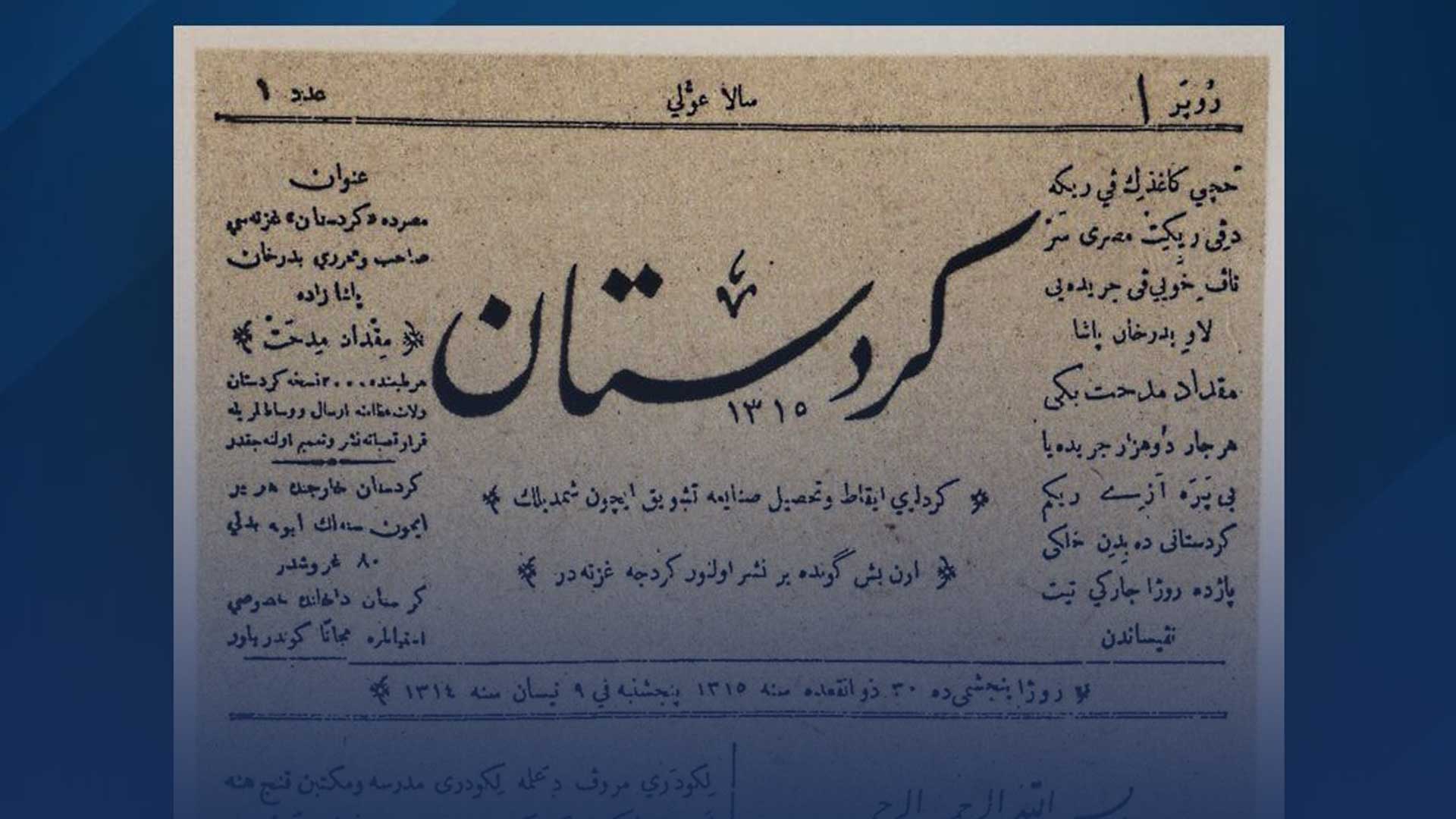Retired Japanese woman gives lifeline to Kurdish families in Saitama
Kurds Abroad 09:38 AM - 2021-05-18
.
In the city of Kawaguchi, Saitama Prefecture in Japan, a Kurdish community has been living for nearly two decades, its members have fled persecution in northern Kurdistan (Turkey), but fortunately they had came to meet a retired woman named Takoku Komuro in the Japanese city of Kawaguchi, who gives life to these Kurdish families by providing them with assistance.
In an interview with the Japanese Asahi Shibum Newspaper, Komuro talked about how she can bring smiles to the faces of people stuck with bureaucratic forms in an unfamiliar language.
According the Japanese Asahi Shibum Newspaper, the 61 year-old Komuro not only teaches the Japanese language to Kurdish people living in this city, but she also explains to them the contents of letters from government offices and schools.
Many Kurdish families on a recent Saturday merrily entered a community hall here to see Komuro. Some were carrying Japanese textbooks, while others brought application forms for day care nurseries.
The Kurdish population in Kawaguchi started to rise nearly 20 years ago when they fled from persecution in Turkey.
Later arrivals hoped to seek assistance from relatives who had already landed in Japan. They have also found life support provided by Komuro.
She told the Asahi Shibum that she is often surprised in her interactions with Kurdish people. They are very eager to learn Japanese, for example, but many do not carry pens and shy away from writing characters.
The exchanges have destroyed many of her preconceived views. She said she is now “comfortable that I can think more flexibly.”
Raised in Yamagata Prefecture in northeastern Japan, Komuro started living in Kawaguchi after her marriage. Her husband died of an illness when she was 45, and Komuro cared for two children while working.
When her retirement age neared, Komuro became interested in the people from outside Japan living in her neighborhood. She joined a program where volunteers teach Japanese to residents from overseas.
She said she realized that support should be provided for the parents as well as for their children.
Komuro attended a school to become a Japanese language teacher and opened her own class. She also watched local TV dramas to learn Turkish.
Her relationship with the Kurds is reciprocal. If Komuro is sick, they shop for her. One day when a typhoon hit, a Kurd delivered freshly baked bread to her.
“As the old saying goes, a good neighbor is better than a brother far off,” Komuro said. “I want to let myself be myself and get along with Kurdish people as good neighbors.”
PUKmedia
More news
-
German Forces Commander Ended his Mission at Mam Jalal's Grave
12:28 PM - 2024-04-23 -
Golden Bla Awards Ceremony Takes Place in Sulaymaniyah
11:32 AM - 2024-04-23 -
PUK Official: PUK is Committed to Holding Elections on Time
11:04 AM - 2024-04-23 -
Turkish President Meets Kurdish Officials in Erbil
10:42 AM - 2024-04-23



.jpg)


 Application
Application


